General
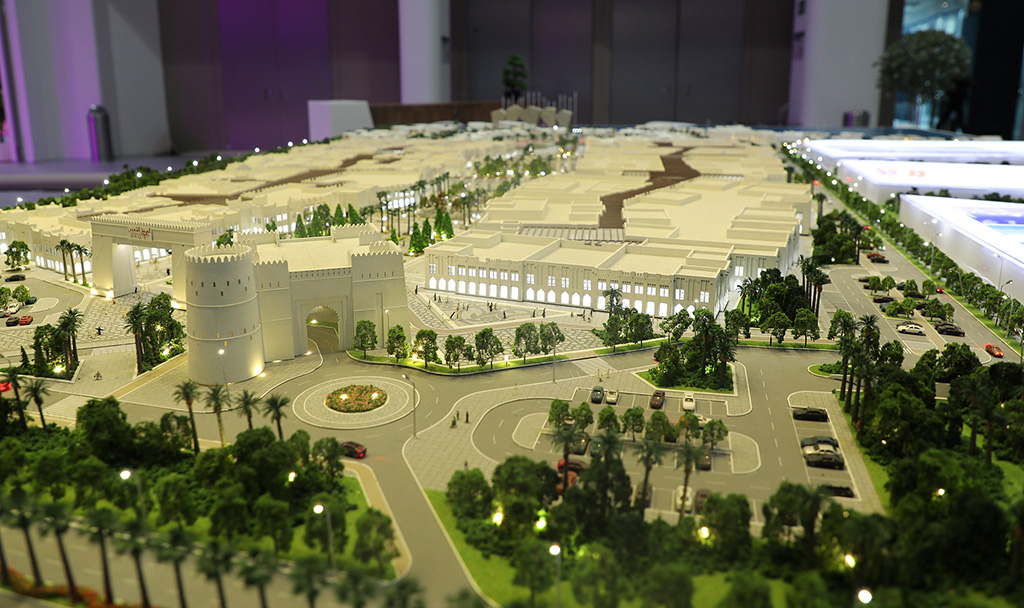
Vision
To direct significant capital towards financing projects that are inclusive, SDG compliant, masterplan-integrated, and align with UN-Habitat’s existing geographical footprint.
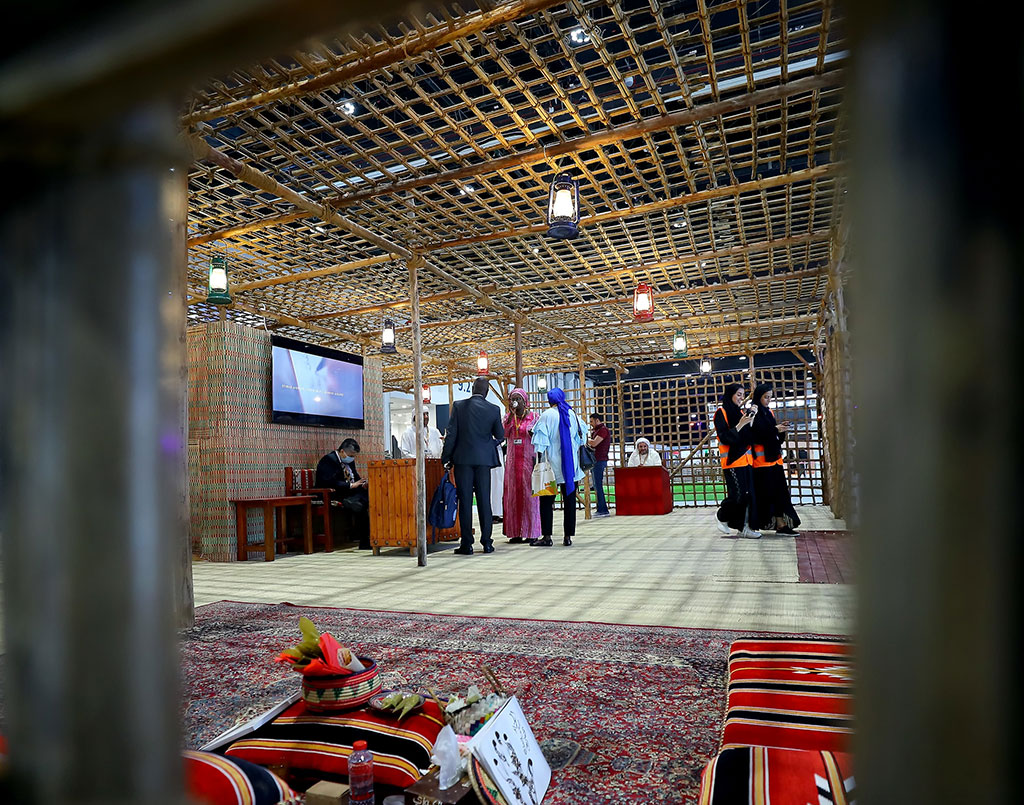
Mission
To support local governments to develop financeable and sustainable infrastructure projects and enable flow of capital into urban projects by guiding them through the project preparation process of ideation, feasibility, development and financial close.
Challenge
Recent estimates put the global annual municipal infrastructure funding gap over US$15 trillion by 2040. While there are several factors contributing to the gap, one of the primary obstacles relates to the lack of investment-ready projects. Local governments in low and middle-income countries often lack the funding and institutional/technical capacity required to ensure that project preparation is performed according to international standards and the requirements of international financial institutions or potential investors.
There is significant global private capital available not only for bridging this gap if projects are developed properly and are considered bankable by investors/lenders, but also for supporting sustainable development and addressing rapid urbanization.
Cities are a major force for positive transformation if well planned and supported through investment. As the world seeks to recover from the economic losses wrought by COVID-19, become resilient to pandemics and impacts of climate change, accelerate SDGs achievement and improve quality of life, an unprecedented level of investment in cities is required for infrastructure development.
To bridge the municipal infrastructure funding gap and catalyze progress on the achievement of the 2030 Action Agenda, UN-Habitat has designed the multi-stakeholder Cities Investment Facility Programme.
Value Proposition
The Cities Investment Facility (CIF) is a multi-stakeholder initiative that strives to unlock significant capital flows to inclusive, sustainable urbanisation projects. Through its three pillars – the Cities Investment Portal, the Cities Investment Advisory Platform and the Cities Investment Vehicles – the Cities Investment Facility supports project promoters with (i) the marketing of their projects to a global audience of construction finance providers; (ii) advice regarding the project preparation process of ideation, feasibility, development, and financial closure; and (iii) funding (both grant and private capital) for these processes, with the goal of securing construction financing from other external lenders and investors.
By convening and preparing a pipeline of SDG compliant bankable infrastructure projects, the Cities Investment Facility makes a significant contribution to achieving the UN’s Agenda 2030, as cities and urban infrastructure enable economic activity and growth.
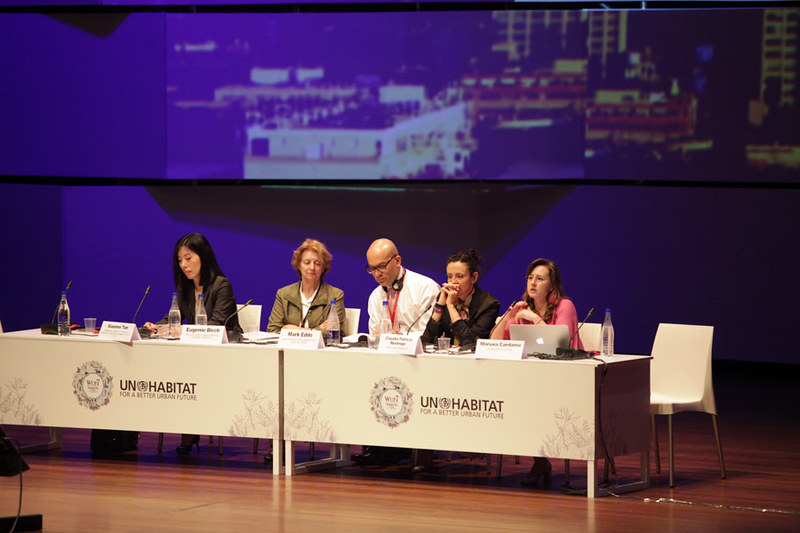
History of CIF
2020 February
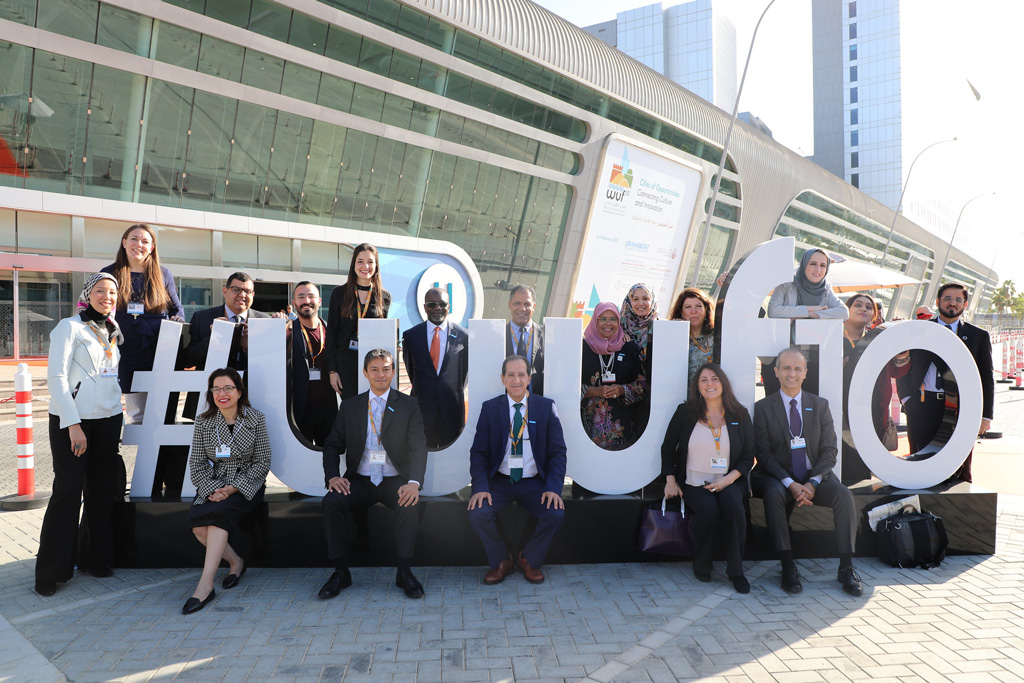
The Cities Investment Facility emerged as a Legacy Initiative from the Tenth Session of the World Urban Forum (WUF10) held in Abu Dhabi in 2020, following a showcase event that tested the convening power of UN-Habitat in the field of sustainable urban infrastructure investment and established a platform with the private sector to address this issue.
The CIF was identified as contributing to the agenda of the Sustainable Development Goals (SDGs) and the Cities Global Initiative Flagship Programme (FP 5) of UN-Habitat, as it is a key mechanism through which SDG Cities can ensure a continuous pipeline of SDG-assessed, de-risked, verifiable impact investment opportunities in cities worldwide.
The CIF Concept Note was formally reviewed by a selection of high-level executives from international banks and asset managers in a joint workshop held by IBM and UN-Habitat in April 2020. Following this workshop the CIF strengthened its project documentation, working with partners to develop a detailed proposal for the CI Advisory Platform and the CI Portal.
2020 April
2020 June
In June 2020, the CIF was presented to the UN-Habitat Executive Director, UN-Habitat Executive Board and later to all UN-Habitat colleagues at a well-attended brownbag.
The success of the brownbag led the CIF to create a network of focal points from each regional office and division of UN-Habitat. This has enabled the CIF to work closely with the whole house and remain relevant to a diverse range of urban challenges. Having undergone all preparatory stages, the CIF was approved by the Pre-Project Review Committee (PRC) in September 2020.
2020 September
2020 October
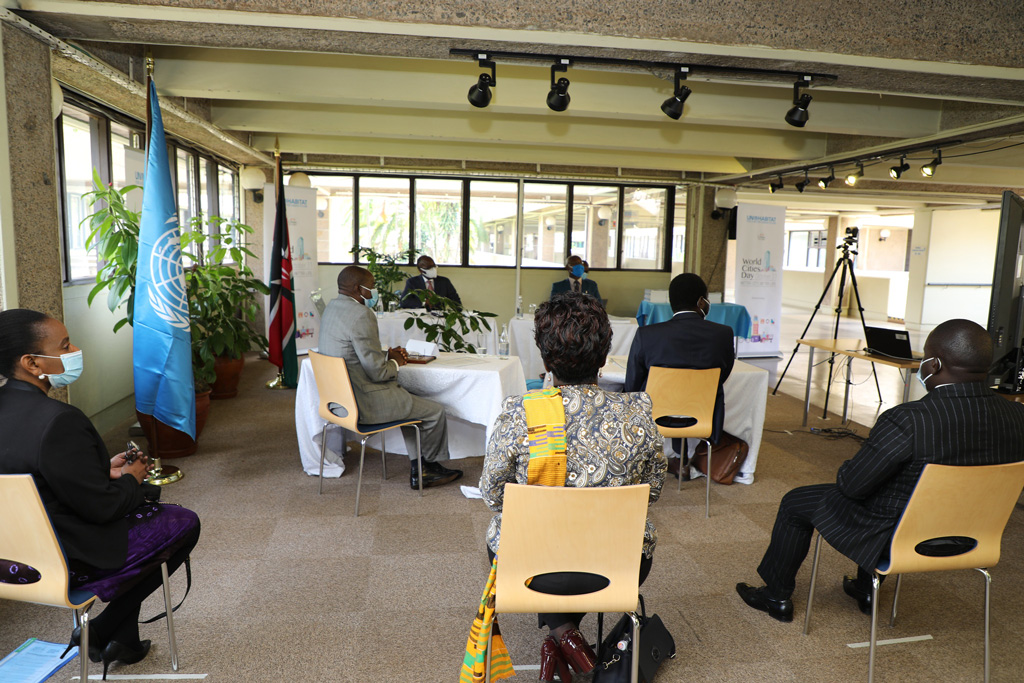
In conjunction with the consolidation process of CIF, the team undertook a formal procurement process to identify and onboard Implementing Partners for each of its rungs. The CIF proceeded in discussions and the drafting of partnership agreements with its Implementing Partners.
For the purpose of incorporating investable urban development projects into its pipeline, CIF also launched internal and external call for proposals between 2020 and 2021, inviting its focal point and external parties to participate. Between CIF Secretariat and CIF Project Selection Committee, a project assessment scheme was developed to select the most promising proposals to be supported, subject to availability of funds and related resources, by conducting pre-feasibility and feasibility assessments, providing SDG alignment and non-financial impact verification for projects, de-risking projects and getting them over the hurdle from concept to investable stage and connecting projects with aligned investors, in the framework of the 11th Session of the World Urban Forum in June 2022.
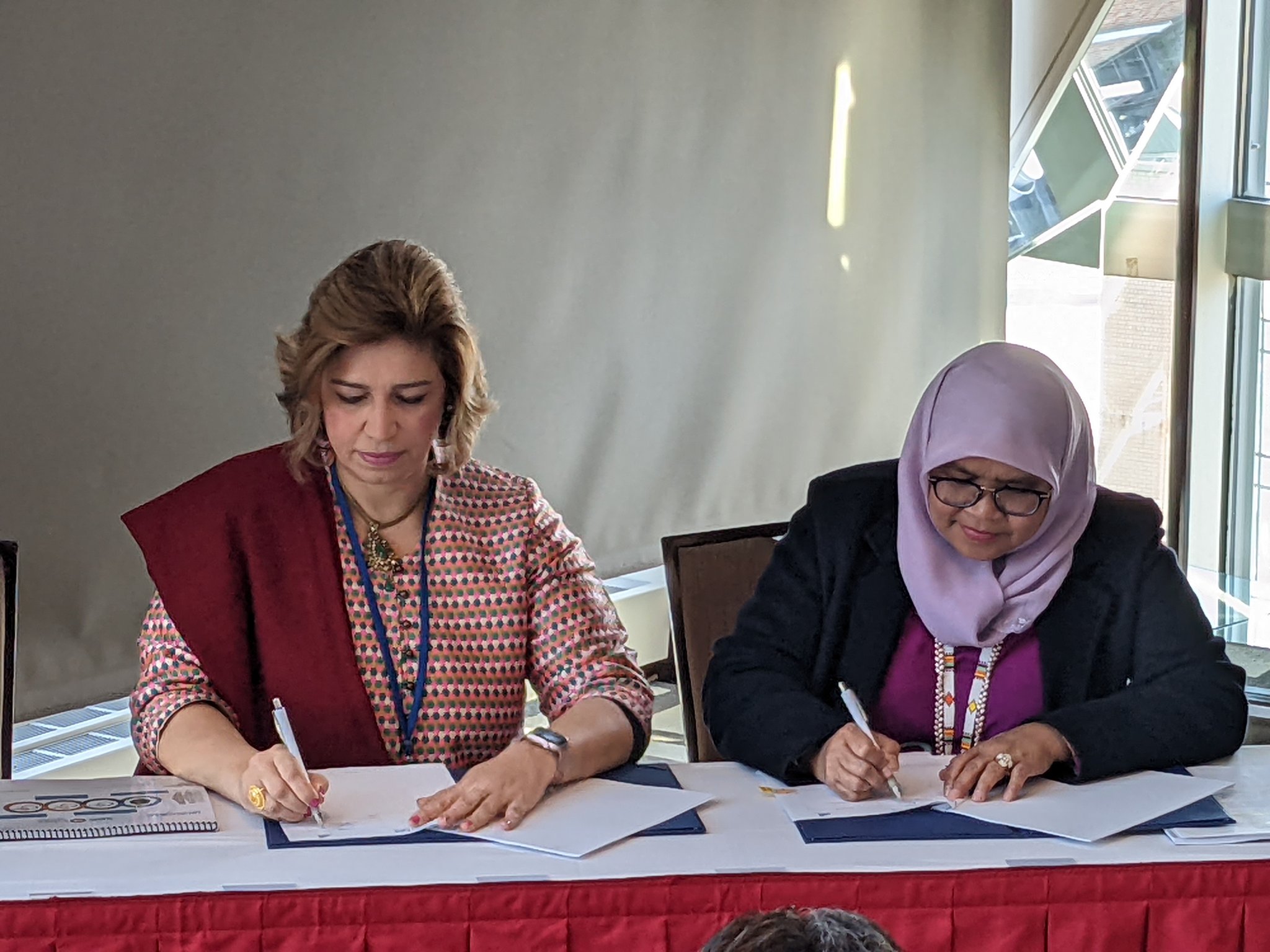
The United Nations Human Settlements Programme (UN-Habitat) and the United Nations Capital Development Fund (UNCDF) signed a Memorandum of Understanding (MoU) on 27 April 2022 to join forces in a Fused Offering to help cities reach their unmet financing needs for local development. Through this Fused Offering, UN-Habitat and UNCDF will support cities in developing economies to build effective own-source revenues and to strengthen public financial management systems. UN-Habitat and UNCDF will also support cities in preparing projects that advance the Sustainable Development Goals (SDGs) as well as attract investment through local and international sources of finance. UNCDF and UN-Habitat are aiming by the year 2025 to work directly with 250 cities
The Fused Offering is intended and designed to leverage each organization’s distinct strengths. UN-Habitat’s experience of promoting and consolidating collaboration with local governments to implement the SDGs will be complemented by UNCDF’s role as the UN’s flagship catalytic financing entity for LDCs and a sub-national financing hub. Collectively, both organizations will work with UN country teams, UN member states and local governments among other partners to assist cities in securing financing for SDG investment.
2022 April
2023 June
During the opening of the second session of the United Nations Habitat Assembly, held from June 5 to 9, 2023, in Nairobi, Kenya, the theme was “A sustainable urban future through Inclusive and effective multilateralism: achieving the Sustainable Development Goals in Times of global crises.” The Cities Investment Facility Implementing Partners held a 2-day detailed workshop. It led to a valuable contribution to the feasibility fund and action plans by fostering public-private partnerships and expanding innovative financing mechanisms.
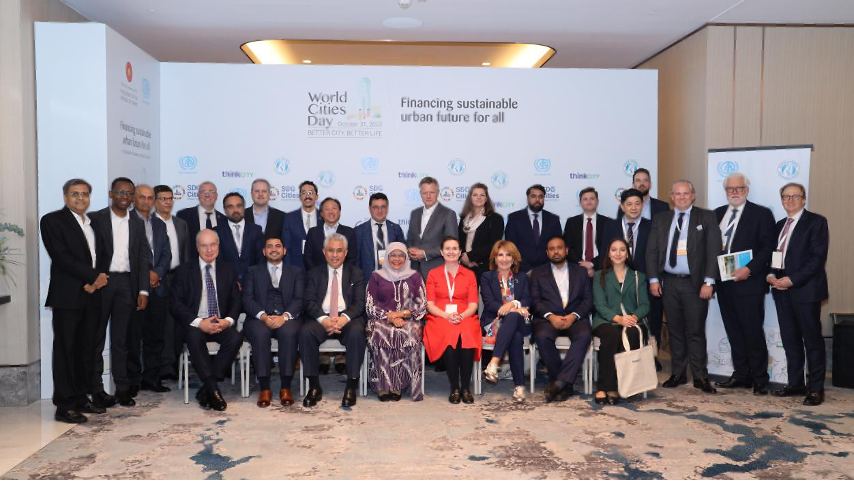
The Cities Investment Facility in conjuction with Think City, hosted a high-level meeting on 30th October with the objective of discussing the current global financial landscape to provide recommendations to UN-Habitat on the strategic actionable next steps to catalyze financing in sustainable urbanization. The meeting brought together over 30 participants from the private and public sector including multilateral agencies, academia and civil society. The meeting underscored several critical points: the significance of integrating financing methods such as Zakat and profit sharing to enhance long-term social and caregiving dimensions, tackling the shortcomings of Multilateral Development Banks (MDBs) in mobilizing private finance and reducing project preparation costs, establishing a local finance framework for urban development, evaluating the required enablers and capacities within multi-level governance systems, and harnessing reporting mechanisms to align financial reporting with urban impact assessment. This high-level meeting showcased the power of collaboration and innovation. It is through the collective efforts of diverse stakeholders that we can pave the way for a more sustainable and inclusive urban future. These high-level delegates committed to supporting the UN-Habitat Local Finance Framework through the convening of a knowledge hub that will advise UN-Habitat on financing sustainable urban development.
2023 October
2024 April
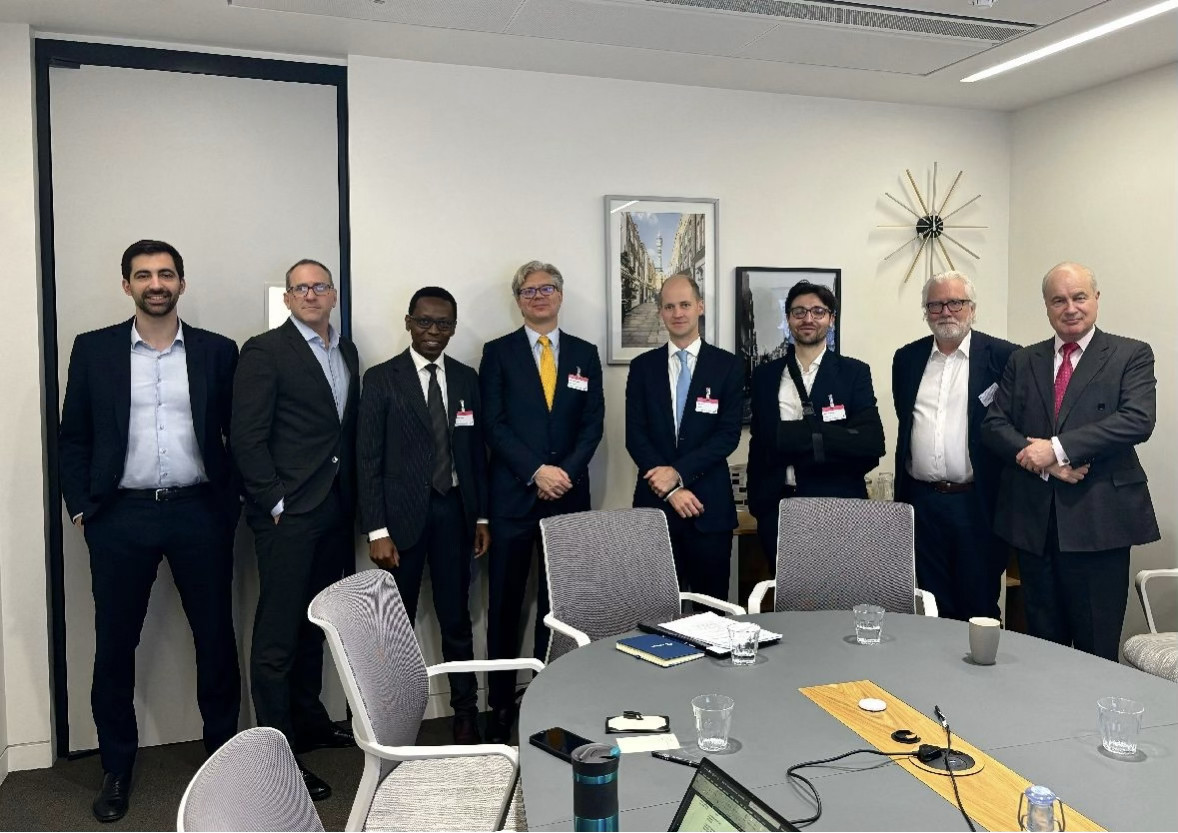
The Cities Investment Facility hosted a technical workshop in London, UK, to receive a presentation on the proposed structure and governance framework of the Feasibility Fund from PwC Luxembourg. PwC Luxembourg recommended a statutory board to oversee the feasibility fund and provide guidance on the investment strategy. The workshop also set a target for the operationalisation of the feasibility fund, through seed granting in phase one (2025-2027), eventually transitioning to success fees from projects that reach financial close in 2028-2029.
The Cities Investment Facility hosted the second iteration of its high-level meeting on financing on 2 November to establish a Knowledge Hub on Financing Urban Development as an opportunity to inform, guide and discuss UN-Habitat’s financing for sustainable initiatives, through expert advice, knowledge development and exchange. The meeting brought together over 30 participants from multilateral development financial institutions, private and public sector, academia and civil society. The meeting underscored several critical points including promoting blended financing mechanisms to reduce risks, moving away from a one-size fits all in sustainable urban development for cities, focus on projects with a high catalytic potential to amplify the impact of CIF Feasibility Fund and tailoring project structures to meet the distinct requirements of different investors. This Second High-Level Meeting on Financing concluded with a renewed commitment to collaborative action, aiming to unlock sustainable urban development opportunities that align with both local contexts and global sustainability goals.
2024 November
2024 November
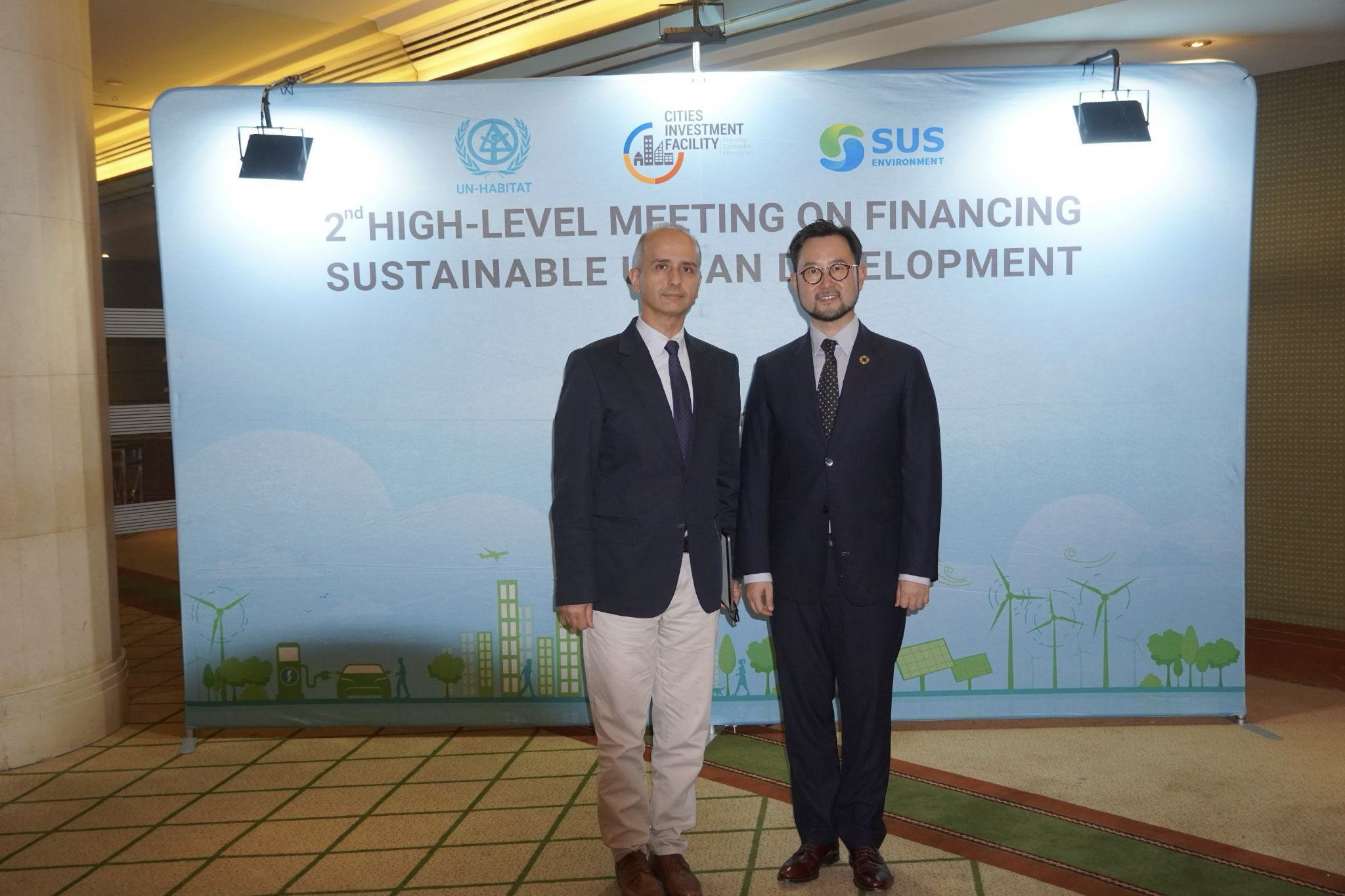
The Cities Investment Facility signed a USD 3.2 million contribution agreement with Shanghai SUS Environment Co. LTD with USD 1.6 million allocated for advocacy and project development and USD 1.6 million for CIF Feasibility Fund Facility to advance sustainable urban development. Under the contribution agreement, the funds will be utilised for project sourcing of waste-to-energy projects. This collaboration is expected to enhance the capacity of cities in the global south in addressing pressing environmental issues related to waste management and enhance a circular economy.
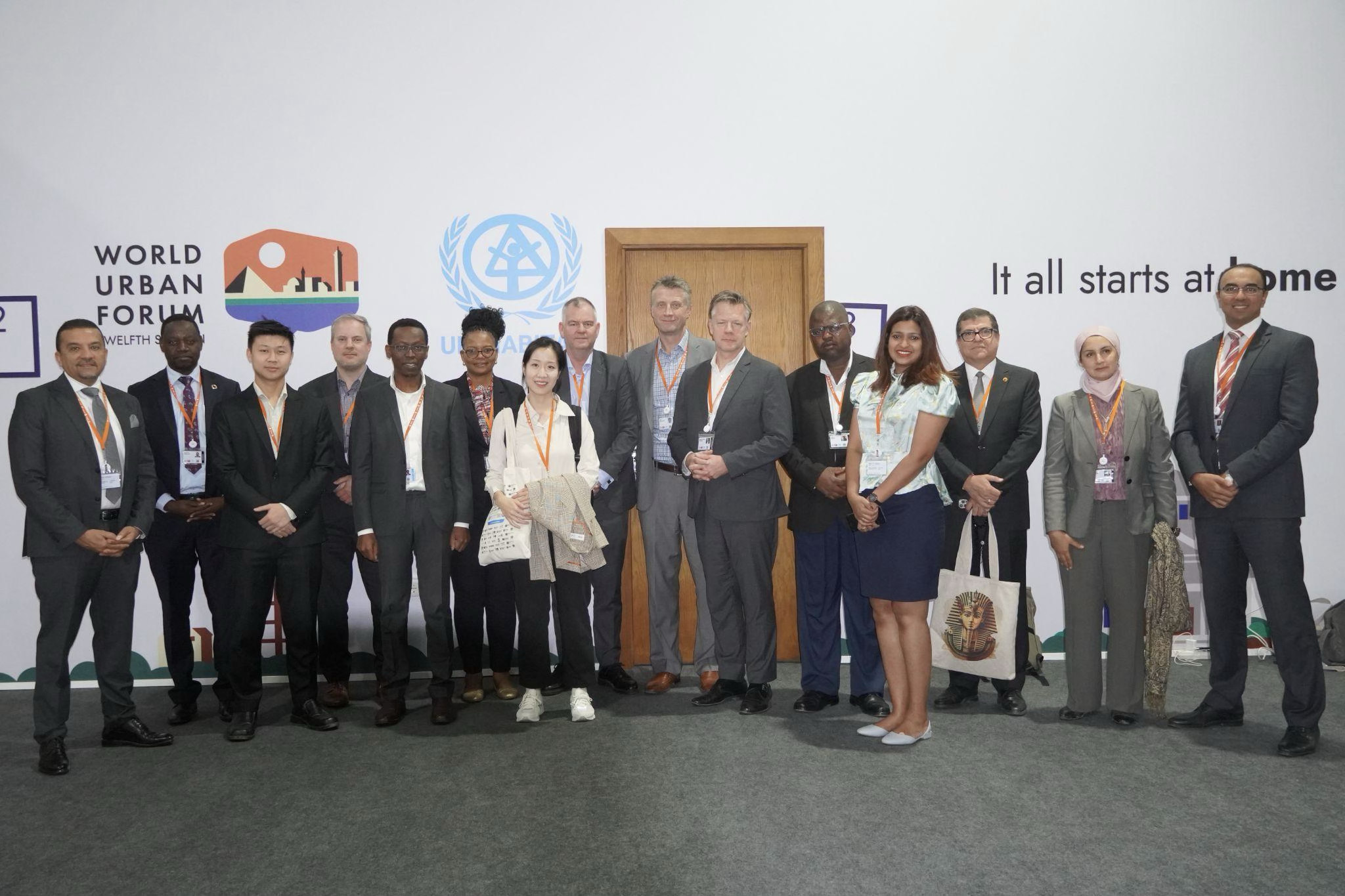
The Cities Investment Facility in Conjuction with Think City hosted a 2-day early access urban finance master class on 5 and 6 November in the margins of WUF12. The master class aimed to equip city project promoters with the right tools to successfully prepare and submit their sustainable urban development projects to financiers, spearheading their projects from the ideation phase to the proposal stage. City officials from Malaysia, Colombia, Zambia, and Egypt left equipped with actionable insights and strategies to bring their urban initiatives to life. As CIF anticipates receiving four impactful project proposals for onboarding onto the platform, this marks not just the end of the sessions but the beginning of a transformative journey toward sustainable urban development.
